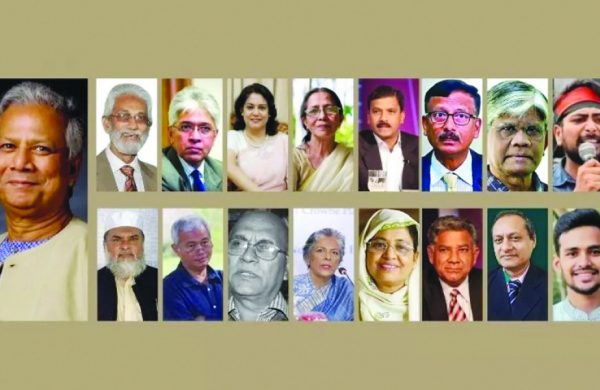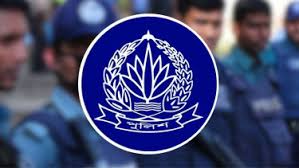PROF YUNUS-LED INTERIM GOVT: First month marked by reform initiatives, diplomatic success
- Update Time : Sunday, September 8, 2024

UNB, Dhaka
The interim government, led by Chief Adviser Prof Muhammad Yunus, marks completion of one-month honeymoon period on Sunday with a number of decisions taken so far on the reforms front while more needs to be done on restoring law and order, and full public confidence.
Nobel Peace Prize winner Prof Yunus, who took the oath of office on 8 August, has already held a series of meetings with the political parties and other stakeholders to finalise a roadmap for required reforms and to hold a free, fair and participatory election once they can complete their “mandate” to carry out vital reforms. Global leaders and Bangladesh’s development partners have announced their strong support for the new Bangladesh government.
In a major diplomatic success in the first month of his administration, Prof Yunus was able to persuade President of the United Arab Emirates (UAE) Sheikh Mohamed bin Zayed Al Nahyan to pardon the 57 Bangladeshi nationals who were jailed over expressing solidarity with the recent student-led uprising through demonstrations in a few cities in the Gulf country.
The government on 29 August signed the instrument of accession to the International Convention for the Protection of All Persons from Enforced Disappearance, demonstrating its commitment to investigate each and every case of enforced disappearances. Prof Yunus said the government will undertake robust and far-reaching economic reforms to restore macroeconomic stability and sustained growth, with priority attached to good governance and combating corruption and mismanagement.
In line with that commitment, Bangladesh has got a new governor, Ahsan H. Mansur, who is carrying out massive reforms in the banking sector which still remains fragile.
As part of economic reforms, a committee has been formed for the preparation of a comprehensive “White Paper” on the state of Bangladesh economy.
The committee is chaired by Dr Debapriya Bhattacharya, distinguished fellow at Centre for Policy Dialogue (CPD) and convener of the Citizen’s Platform for SDGs, Bangladesh.
The Advisory Council last week decided to convert Ganabhaban, official residence of the former prime minister, into “July Revolution Memorial Museum”, honoring the memory of the student-led mass uprising that toppled the Hasina-led government on 5 August.
Political leaders including BNP Chairperson Khaleda Zia have been released from jails which was widely appreciated while the release of some criminals and militants from different parts of the country has raised many eyebrows.
On 28 August, the Public Security Division of the Home Ministry expectedly issued a gazette lifting a ban on Bangladesh Jamaat-e-Islami and its affiliate Islami Chhatra Shibir.
On the diplomatic front, Bangladesh is maintaining very good relations with almost all its partners. But there are signs of tensions between Dhaka and New Delhi, mainly on the issue of deposed PM Hasina’s stay in New Delhi.
Prof Yunus has said that Hasina making political remarks from India is an “unfriendly gesture”, asserting that she must remain silent to prevent discomfort in both countries until Dhaka requests her extradition.
On the other hand, a senior-level US delegation will soon visit Bangladesh.
US Assistant Secretary of State for the Bureau of South and Central Asian Affairs Donald Lu, Deputy Assistant Secretary of Defence for South and Southeast Asia Lindsey W. Ford and US Deputy Under Secretary/Assistant Secretary for International Finance Brent Neiman may join the US delegation.















